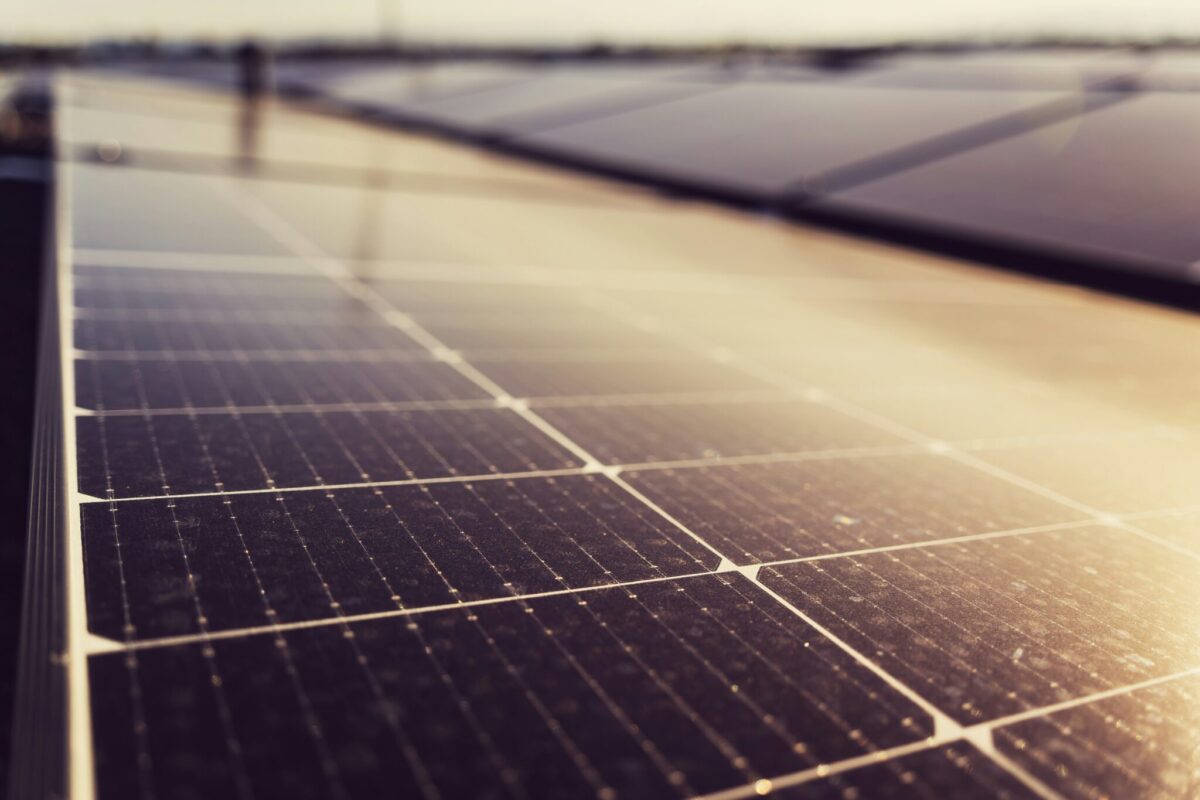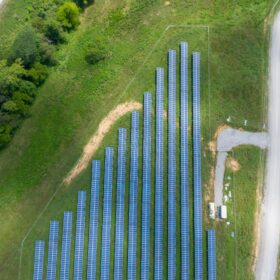As renewable energy plays an increased role in the electricity grid, energy storage buildout is quickly following behind. Wood Mackenzie said it expects 500 GW in global deployment by 2031, with the United States and China representing 75% of global demand.
Wood Mackenzie said it sees the United States on a path to be a 27 GW annual market by 2031, and 83% of that figure will be utility-scale storage. However, projections for 2022 and 2023 have been trimmed by 34% and 27%, respectively, due to disruptions from antidumping and countervailing duties tariff suit in the second quarter. Solar-plus-storage projects were impacted heavily by the investigation, leading to about 35% of grid-scale projects being delayed as a result.
The market is expected to be highly consolidated over the next decade. The top 10 nations for deployment are expected to represent 91% of the global demand, with grid-scale storage representing the largest share of capacity.

The European market is expected to increase 5x over the next decade, however project economics in Europe are hampering buildout, said Wood Mackenzie. Policy may improve project economics. The European Commission’s REPowerEU plan has provisions to streamline permitting processes for storage and PV systems, and calls for higher renewables targets, which in turn will drive demand for energy storage.
Europe’s energy storage market is characterized by distributed storage more than grid-scale. Distributed storage has numerous benefits, one of the most important being a lessened need for high-power transmission and substation buildout. It also makes the power grid more decentralized and able to respond to extreme weather events and grid outages.

China released a five-year plan for energy storage this year that calls for a large-scale development supply chain by 2025, in which the nation targets a 30% reduction in system costs through improved technology performance. Since the plan was released, 12 provinces and cities announced deployment targets for energy storage, totaling 40 GW.
This content is protected by copyright and may not be reused. If you want to cooperate with us and would like to reuse some of our content, please contact: editors@pv-magazine.com.









By submitting this form you agree to pv magazine using your data for the purposes of publishing your comment.
Your personal data will only be disclosed or otherwise transmitted to third parties for the purposes of spam filtering or if this is necessary for technical maintenance of the website. Any other transfer to third parties will not take place unless this is justified on the basis of applicable data protection regulations or if pv magazine is legally obliged to do so.
You may revoke this consent at any time with effect for the future, in which case your personal data will be deleted immediately. Otherwise, your data will be deleted if pv magazine has processed your request or the purpose of data storage is fulfilled.
Further information on data privacy can be found in our Data Protection Policy.